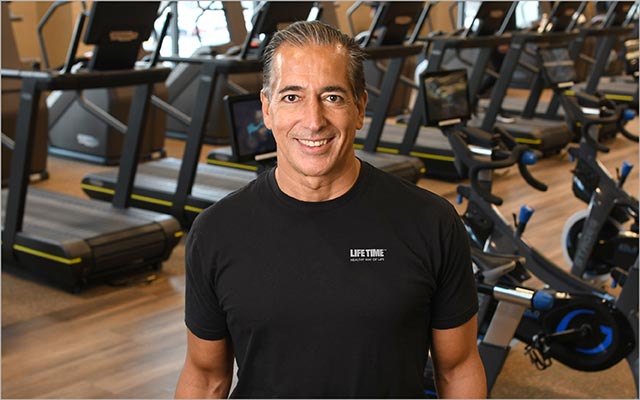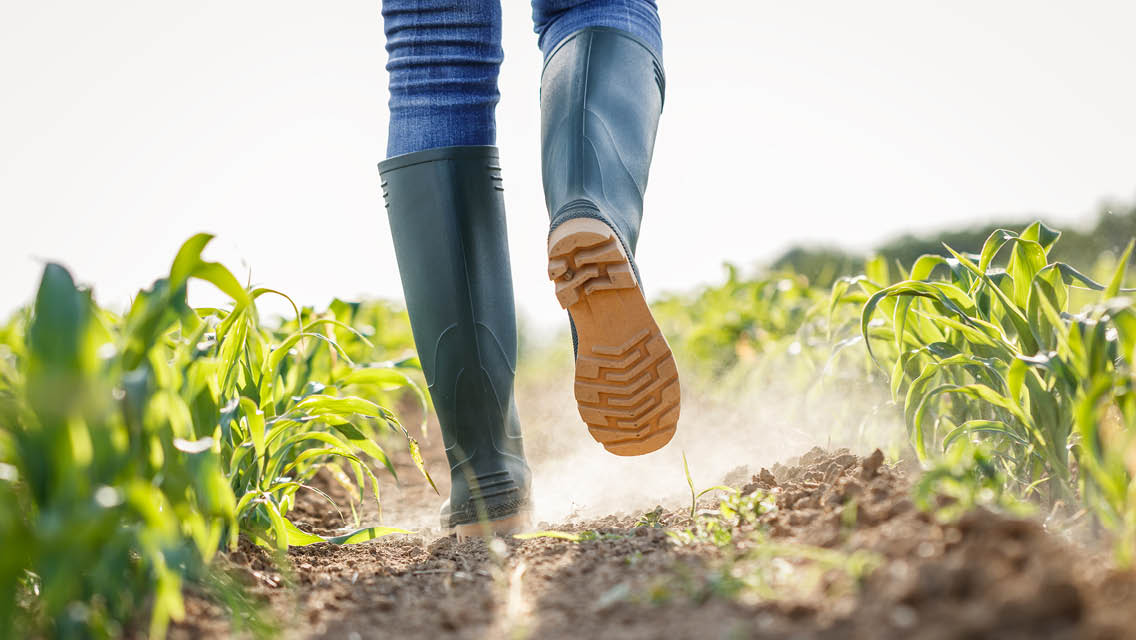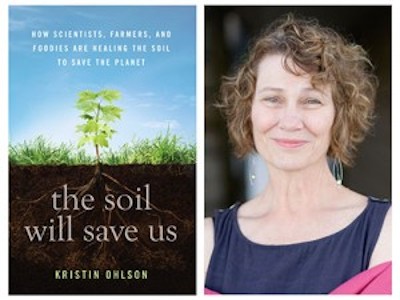It’s interesting, as a parent, when one of your children becomes your teacher and role model. I’m in awe of my oldest daughter, Meghan, who, at almost 30 years old, moves through this world with old-soul wisdom, expansive compassion, and deep love for our planet.
We share this passion for our earth — and recognize the urgency in looking out for its health. Our environmental crisis is getting exponentially worse with each passing year, and if we don’t start taking collective action immediately, we’ll be leaving future generations in more dire circumstances than we’re already experiencing.
So, to educate ourselves on the issues and what can be done, Meghan and I read and watch as much as we can. Last year, she recommended I check out Kiss the Ground, a 2020 documentary that illuminates the extent of the global soil-erosion crisis and its effect on our climate. It also outlines a few key solutions, including a “new, old approach” to farming called regenerative agriculture.
This type of sustainable farming prioritizes the health of the soil, which “due to its vast scale and its ability to sequester immense quantities of greenhouse gases . . . could just be the one thing that can balance our climate, replenish our freshwater supplies, and feed the world,” narrator Woody Harrelson notes at the start of the film.
The documentary had a tremendous impact on me, and as I watched, I wondered: How often do we consider the land? The soil? Soil is vital — full of bacteria, fungi, and other living things, with more life forms in a single teaspoon than there are humans on the planet.
When soil is disturbed, whether from being repeatedly plowed or tilled, sprayed with herbicides and pesticides, or cleared for urban development, its dynamic ecosystem is compromised. Over time, it loses its ability to support a wide array of plant life; photosynthesis and the drawdown of carbon dioxide (CO2) are limited. Soil becomes dirt, devoid of life.
With fewer trees and less healthy soil to absorb and use CO2, the gas accumulates in our atmosphere, trapping the energy from the sun’s heat. Temperatures rise, and the climate crisis grows.
Soil disruption over the past several decades has become a deadly trend — one we need to stop and ultimately reverse. The good news, though, is we can change how we treat the land, and move toward improving its overall vitality through consistent effort and intention, just as we can with our bodies when our own health is suffering.
While large-scale shifts in agricultural practices, as well as the gradual transition from fossil fuels to more sustainable alternatives, will have to be part of the solution, there are smaller steps and actions that can have an immediate and important effect. Here are some ideas:
Buy organic and local, when possible. Paying a little more for organic food protects you from synthetic fertilizer residue while supporting practices that protect the soil. And focusing on buying local supports the producers in your own community (not to mention, the food is more nutritious and tastes fresher when it hasn’t traveled thousands of miles).
Grow your own food. Those of us with space can create our own tiny plant paradises. Gardens can grow on even the smallest patches of ground, and window boxes or planters on your deck, patio, or front step can produce a surprisingly plentiful harvest.
Plant fast-growing trees and vegetation as often as you can — or donate to a nonprofit that will plant them for you. Trees, plants, and soil work symbiotically to sequester CO2 in their organic matter. We’ve planted multiple willow trees along the marshy creeks and tributaries on our farm. There’s no stopping their growth when they’re near a water source!
Get to know your farmers. Shop at your local co-op; visit your community’s farmers’ market. Talk to actual farmers. Ask questions about their practices: Do they use chemicals? How about no-till agriculture? Many are happy to share their commitment to practices that preserve the land.
With a serious global issue like climate change, it can be hard to imagine how singular actions can make a difference — but they all add up. And while documentaries like Kiss the Ground may initially leave both Meghan and me feeling a bit overwhelmed, they also offer glimmers of hope and optimism.
It’s not too late, but we must collectively commit to do our part every day. As Earth Day reminds us each year, the time is now to take care of this precious planet, so all of us have a safer, healthier place to call home — now and in the decades to come.
For details on Life Time’s sustainability commitments, visit lifetime.life/sustainability.





This Post Has 0 Comments